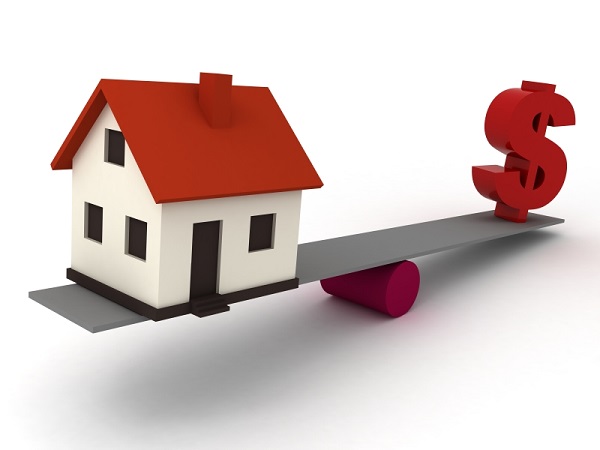
When most people think of saving money they think of taking precautions while spending on necessities like food, clothing and luxuries like expensive cars. However, investing in properties is one of the smartest ways to save up for financial security.
Property investment is a great way to develop your monetary future but it’s not a sure-fire method to expand your wealth unless you are careful about how you manage said investment. You can use your investment property for a variety of reasons – you can live in it, rent it out or simply keep it for the tax deductions you’ll be entitled to because of it. Whatever the reason for the investment, effectively managing the process can lead to positive outcomes for your finance in general. If you’re wise about how you deal with it, it can add to your wealth, but if you’re not, it may become a liability and a strain on your savings.
- Fix a budget before you set out to invest.
It’s important to have a clear knowledge of your ability to invest in any property. Get a clear idea of your income, daily and monthly expenditure, and the state of your savings. It might be wise to consult an expert about how much you can afford to take out in the form of a loan to buy a property so you don’t end up caught in a debt trap. After you’ve gone through all that, map out exactly how much you can afford to spend and stay within that budget.
- Invest in a property in a profitable location.
Some properties inevitably attract more people than other. If the property you’re interested in is in a big city, close to a major business headquarters or in the vicinity of a major university, it’s bound to attract a lot of potential tenants. That will increase your chances of earning rent from the property. Choosing a beneficial location is a great way to ensure higher returns.
- Carefully inspect the property before you buy it.
You can save a lot of money if you’re picky about what you buy. Investment properties are ultimately concerned with the returns you earn from the property. You do not want to buy a fixer-upper in urgent need of repairs or renovation.
- Research ongoing prices.
The internet is your friend. Research the locations and find out as much as you can about the ongoing rates of properties in the locations you’re interested it. Don’t be fooled into buying something that costs you more than it should.
- Make a long term plan for the property.
Investment properties, unlike most other possessions, cannot be alienated and sold in parts. You need to have a long term plan for what you intend to do with the property. You can either inhabit it, or use it to build equity to invest in more properties in the future or rent it out for an influx of cash. You can buy a property and hold it to raise its value if you intend to sell it in a higher price. You can also choose to give it as a gift, have a family member inherit it and transfer the ownership through a quick claim deed. Sketch out a plan for your intentions for the property and if you find that the cost outweighs the gains, don’t go for it at all. Remember, investing in a property is a huge commitment, and one that should be made responsibly.

Leave a Reply